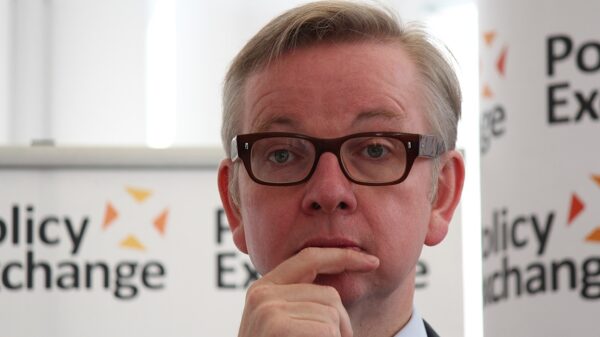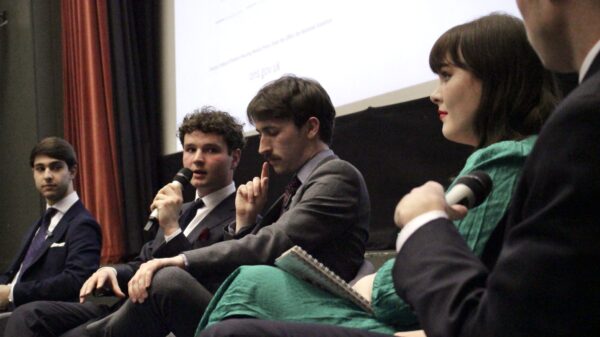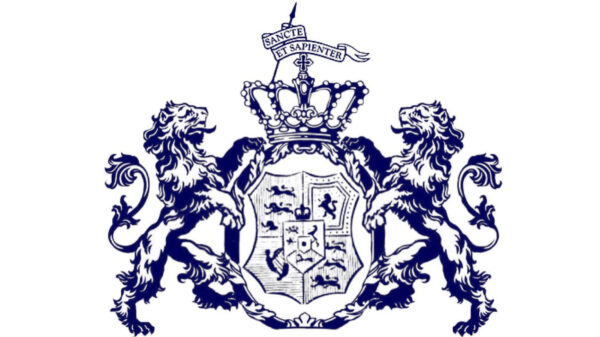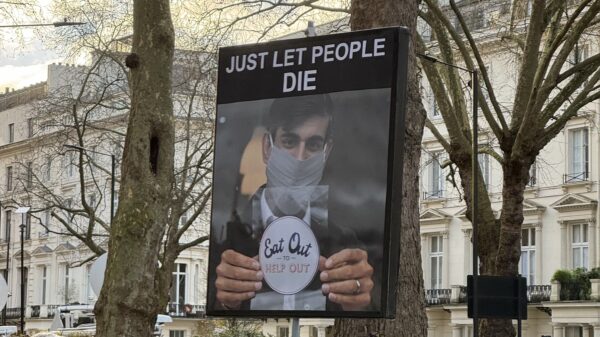Staff writer Bella Leathley examines the fall out from this month’s local elections. She outlines the winners and losers and how the results could come to shape the general election next year.
Amidst the regalia and pomp of last weekend, the unforgiving weather better represented the anguish across a number of Conservative Party Associations than the anticipated Coronation of King Charles III.
With over a decade of governance involving four election victories and five Prime Ministers. The Conservative Party suffered a devastating blow at the local elections losing over 1,000 councillors, making Labour now the largest party in local politics with 2,675 councillors. So does this mean that Keir Starmer is our Prime Minister in waiting or do the Conservatives have one more party-trick up their sleeves (pun definitely intended)?
A mounting pile of Conservative Troubles
Since the government’s mismanagement of COVID-19 and Boris Johnson’s infamous partygate, the Conservatives have not caught a break. From an ex Chancellor’s inaccurate tax return to Matt Hancock’s stint on I’m a Celeb, the party has been struggling to stay afloat amid incessant scandals and negativity. The 2023 local elections were no different with these harrowing results being just another weight on an already heavily loaded Tory ship that not even Penny Mordaunt’s sword-bearing arms of steel could keep afloat.
CCHQ and Sunak are seemingly adamant that the party can turn the tides by the next General Election, but the likely date of late 2024 does not seem so far away. When we think back to the buckets of hope and ambition following Johnson’s big 2019 win with a massive electoral mandate, it was hard to see the party performing so abysmally. That night seems a world away now, with one MP claiming, “you know something’s gone wrong when the expectation-management figure becomes the reality“. Clearly voters are fed up. This is the culmination of the North being yet to reap the benefits of ‘levelling up’, the Midlands’ manufacturing industry shrinking further and that £100 is now scraping a family’s food spends.
Do Tory losses translate to Labour gains?
What does this mean for the other parties, though? Whilst Conservative Party Associations have been holding crisis talks, I’m sure the Labour Party thoroughly enjoyed their bank holiday weekend and can almost feel the comfort of those green governmental benches. However, although Keir Starmer is most likely spending his nights dreaming of the Sunaks moving out, he must remember that this is a crucial period for Labour. Whereas the Conservatives had a strong level of local government control, it is Labour with the majority of councils now and the Tories will not miss a chance to play local opposition in Labour and Lib-Dems councils where they can. As Uncle Ben wisely told Peter Parker: “with great power, comes great responsibility”, Labour’s new army of councillors will do well to remember this.
Starmer seems on top of this however, through establishing a strong, clear position on the aims of the Labour Party locally: provide cost-of-living support. This commitment will be a major test for the party that has not been historically associated with good money handling skills (as Conservative Party Chair, Greg Hands, regularly reminds us) but then one must ask what economic credentials do the Tories hold anymore? Unless Sunak can turn the UK’s fortunes around, Starmer and the Labour Party have a chance to prove themselves as trustworthy handlers of the public finances.
Nevertheless, we mustn’t blindly assume that Keir Starmer will be the next Prime Minister (PM) stood at the No.10 lectern, we could still see another Conservative. Although it’s not far away, we have over a year on the campaign trail until the next general election and the UK’s two main parties have some big decisions to make regarding their platforms and manifestos.
Amidst the Conservative Party breakdown, the internal fracture within the Labour Party has not been so smooth sailing itself and the party has fallen victim to an identity crisis: Blairite VS Corbynite. From abandoning or altering a number of his ‘Ten Pledges’ to kicking Jeremy Corbyn out of the party, Starmer has definitely begun to establish a Labour Party that members may not be so pleased with. Similar to many in the Labour Party, he is working exceptionally hard to distance himself from the character that is Jeremy Corbyn following anti-Semitic accusations. This begs the question: is this Starmer distancing himself from the era of the Corbynites and possibly leaving room for a revival of a Blairite ‘New Labour’?
Economically, Starmer promised increased taxes on the top 5% of earners; however, many Prime Minister’s Questions sessions have involved him criticising the government over the rising tax burden. This change in economic stance was enforced by Rachel Reeves, Shadow Chancellor, claiming there will be no imminent Labour increases. Once more, Starmer has ditched his commitment to removing tuition fees and rather than the abolition of universal credit, it seems the goal is to “fundamentally reform” it instead.
An interesting move by Starmer was to make it clear that the party would not be “getting its big government chequebook out again” during his 2023 new year speech. Similarly, nationalisation plans have been swapped out for a “pragmatic” approach with greater market regulation and a continuation of the private sector’s role in the NHS. Starmer’s steady and arguably traditionally conservative, cautious approach, is a stark contrast to Corbyn’s more radical, socialist agenda. This is a smart and decisive move from Starmer, as right now, the UK requires stability which is only achievable through a trustworthy leader. Although many do not care for or trust Starmer, taking this approach and rejecting characters like Corbyn gives the Labour Party as good a chance as any. Aside from this, I am still on the fence as to whether people do really trust Starmer or if an election win might be down to Labour being the best out of a bad bunch and we know that the last time that strategy was attempted in 2017 it did not go well…
It is an understatement to say that the Conservative Party have an absolute battle on their hands. The questions are: is there a path to victory and what would it look like? The Tories are eager to conjure up a culture war with the Labour Party over typically divisive issues, including transgender and LGBTQ+ rights. The party knows that this politically charges a large number of UK voters and these voters could be the decisive swing at the next general election. The appointment of Lee Anderson as Deputy Party Chairman may have been to aggravate these tensions. Though as vague as Starmer’s stance on these topics is, this will not be the electoral decider in the current economic climate. This is where the Conservative Party comes across as just not relatable anymore, they are naïve to how ludicrous playing out a culture war in the middle of a cost-of-living crisis really is.
Rivals to the Two-Party System
As for the smaller parties, the Lib Dems had great success in gaining 12 councils and 407 councillors but are we surprised? The Lib-Dem electoral machine is in full force when it comes to local politics and bi-elections. Consistently proving themselves as the strong third party. However, the Green Party had an excellent showing and gained 241 councillors and its first council. These two will be the ones to watch at the General Election with little contention from Reform UK who only managed to scrape an extra 2 councillors in Thursday’s election.
Both Starmer and Sir Ed Davey, the leader of the Lib-Dems, have left the possibility of a coalition very much on the table but what would the implications be? The Lib-Dems are die-hard remainers so this could spell even more Brexit confusion. Likewise this may be another sacrifice made by the party in order to maintain a foot in the door of governance like with tuition fees in 2010. With Starmer on what seems to be a more pragmatic course for the 2024 election, the Lib-Dems may be wary of ruining their reputation. The fallout of the 2010 coalition must still haunt them. This coalition could easily aggravate the country further due to increased legislative complications opening the gateway for the Sunaks (or even the Johnsons…) to drive back down Downing Street just four or five years later.
It is safe to say that the UK is on course for a tumultuous 18 months or so with associations’ campaign machines kicking into high gear. The clock is definitely ticking but it is still hard to know whether Sunak and the Conservative Party will manage to claw it back. If not, Starmer and the Labour Party may have finally conquered electability.
But anyway, God Save the King…



















